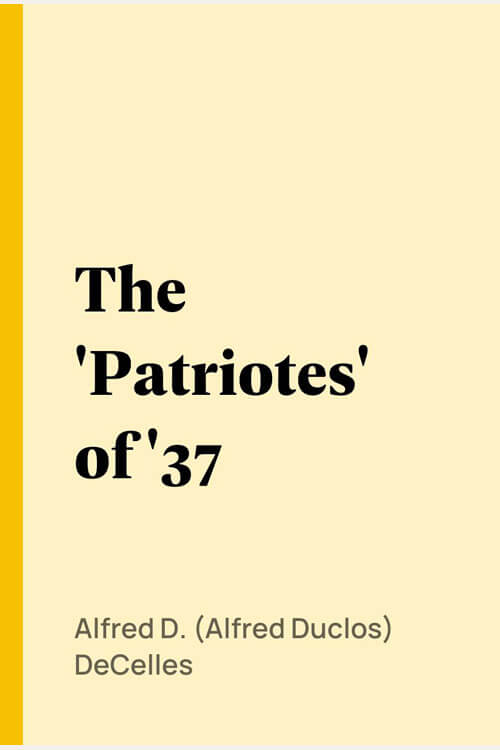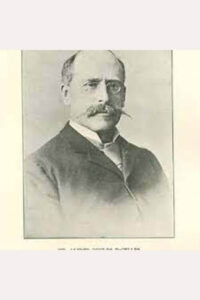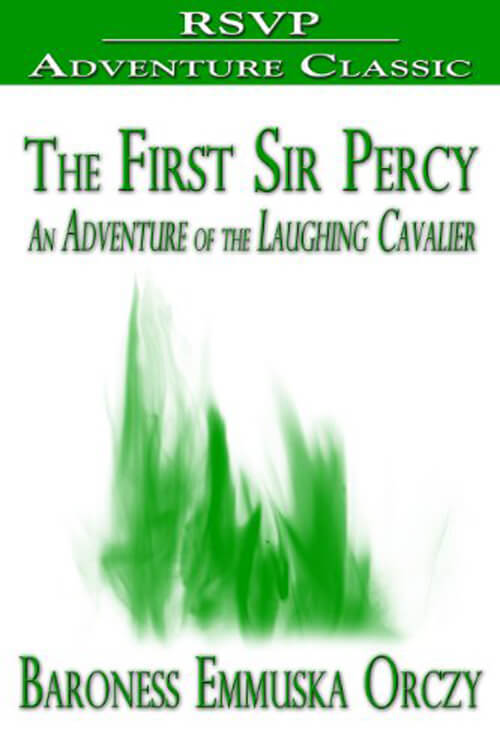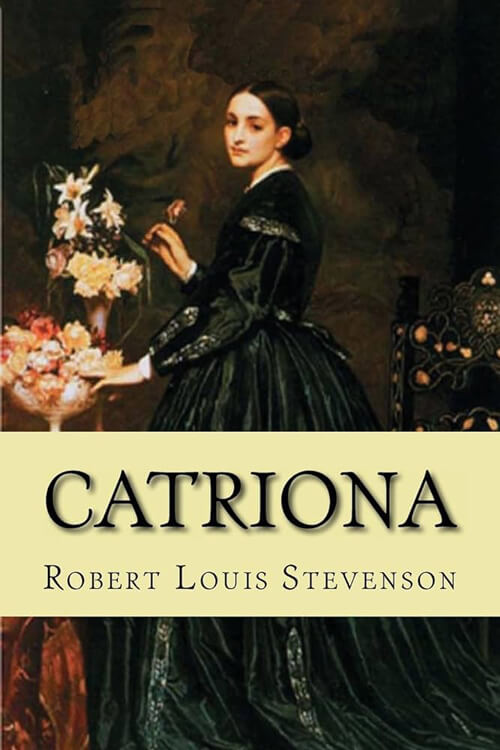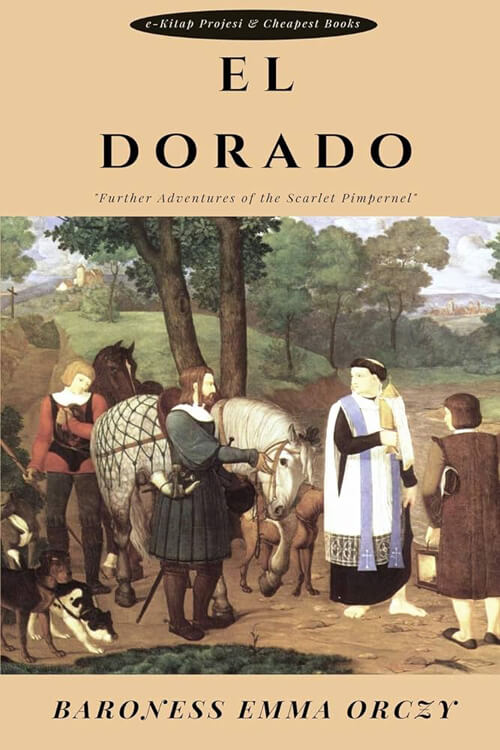
The ‘Patriotes’ of ’37
It does not appear that the Canadians of 1760 felt any profound regret at changing French to British rule. So corrupt and oppressive had been the administration of Bigot in the last days of the Old Regime that the rough-and-ready rule of the British army officers doubtless seemed benignant in comparison. Comparatively few Canadians left the country, although they were afforded facilities. One evidence of good feelings between the victors and the vanquished is the marriages celebrated between Canadian women and some disbanded Highland soldiers. Traces of these unions are found in the present day, in the province of Quebec, in a few Scottish names of habitants who cannot speak English.
When the American colonies broke out in revolution in 1775, the Continental Congress thought to induce the French Canadians to join hands with them. But the conciliatory policy of the successive governors Murray and Carleton and the concessions granted by the Quebec Act of the year before had borne fruit, and when the American leaders Arnold and Montgomery invaded Canada, the great majority of the habitants remained at least passively loyal. A few hundred may have joined the invaders, but a much larger number enlisted under Carleton. The clergy, the seigneurs, and the professional classes—lawyers, physicians and notaries—remained firm in their allegiance to Great Britain. At the same time, the mass of the people resisted the eloquent appeals of Congress, represented by its emissaries Franklin, Chase, and Carroll, and even those of the distinguished Frenchmen Lafayette and Count d’Estaing, who strongly urged them to join the rebels. Nor should it be forgotten that at the siege of Quebec by Arnold, the Canadian officers Colonel Dupré and Captains Dambourgès, Dumas, and Marcoux, with many others, were among Carleton’s most trusted and efficient aides in driving back the invading Americans. In 1781, Sir Frederick Haldimand, then governor of Canada, wrote that although the clergy had been firmly loyal in 1775 and had exerted their powerful influence in favour of Great Britain, they had since changed their opinions and were no longer to be relied upon. But it must be borne in mind that Haldimand ruled the province like a soldier.
His high-handed orders caused dissatisfaction, which he probably mistook for a lack of loyalty among the clergy. No more devoted subject of Great Britain lived at the time in Lower Canada than Mgr Briand, the bishop of Quebec, and the priests shaped their conduct after that of their superiors. At any rate, the danger Haldimand feared did not take form, and the outbreak of the French Revolution in 1789 made it more unlikely than ever.
Read or download Book
Alfred Duclos DeCelles
Alfred Duclos DeCelles (August 8, 1843 – October 5, 1925) was a Canadian journalist, writer, lawyer, and librarian.
Biography
From 1885 to 1920, he was the head of the Parliamentary Library in Ottawa for thirty-five years. He often signed his name as A.D. DeCelles. DeCelles was born in Saint-Laurent, Quebec. His parents were Augustin-Candide Duclos DeCelles, a notary, and Marie-Sarah-Anne Holmes. After attending primary school in his native village, he studied at the Quebec City Seminary, where he completed his classical studies. Director of his institution’s library, he became editor of the Le Journal de Québec newspaper at the invitation of Joseph-Édouard Cauchon, who was leaving for Europe. An associate from 1867 to 1872, he completed his law studies and was called to the Quebec Bar in 1873. He married Eugénie Dorion in 1876. His son Alfred De Celles is a linguist.
When Antoine Gérin-Lajoie died in 1882, Alpheus Todd replaced him as head of the Parliamentary Library, and DeCelles became his assistant. Todd died in 1884. The following year, Decelles was appointed as his successor. He retired in 1920. He was appointed a Companion of the Order of St Michael and St George in 1907. As Chief Librarian of Parliament, he was a public servant and scholar. One of the founders of the Club des Dix, he was a contributor to several journals, including L’Opinion publique, La Revue Canadienne, La Presse, La Minerve, La Nouvelle-France, and Le Canada français. As a biographer and historian, he wrote the history of the United States and about Louis-Joseph Papineau, Louis-Hippolyte La Fontaine, and Wilfrid Laurier. Bishop Amédée Gosselin praised the quality of his writing. At the beginning of the twentieth century, he participated in major projects and wrote articles in the Makers of Canada (1906-1911) and Canada and Its Provinces (1913-1917) collections. After his death on October 5, 1925, in Ottawa at the age of 82, a tribute was paid to him by Georges Pelletier, a journalist with Le Devoir.

